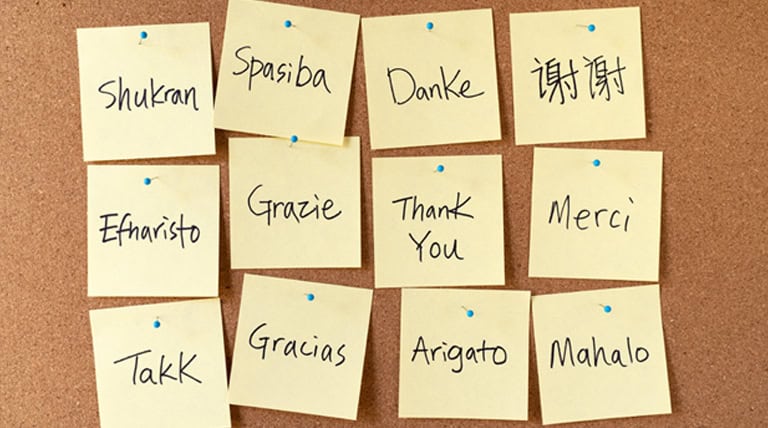International Mother Language Day from an Islamic Perspective

On this International Mother Language Day (February 21), we reflect on the importance of linguistic and cultural diversity as a means to foster understanding, unity, and peace in our global society. As followers of the teachings of Ahl al-Bayt (P), we recognize that language is not just a tool for communication but also a powerful symbol of identity, culture, and connection.
The Quran, the divine guide for all humanity, emphasizes the beauty and value of diversity in all its forms, including language. God says “And of His signs is the creation of the heavens and the earth, and the diversity of your languages and colors. Indeed, in that are signs for those of knowledge” (Ar-Rum/22)
This verse acknowledges that the diversity of languages, colors, and ethnicities is a sign of God’s infinite wisdom and creativity. Instead of being a cause for division, these differences are meant to enrich human society, creating a world where variety is a source of vitality and strength. The Quran teaches that such differences should never be a basis for superiority or discrimination. All humans, regardless of their background, are equal in the eyes of God.
Additionally, the Quran affirms that language is deeply tied to culture, as seen in the choice of prophets. God, in His infinite wisdom, has sent a prophet to every nation, speaking in their own language and understanding their culture, “And We did not send any messenger except speaking in the language of his people to make things clear for them” (Ibrahim/4).
In a narration from Imam Javad (P), the same point regarding the selection of prophets (P), namely their knowledge of the language of their people, is mentioned concerning the Imams (P) as well. He (P) says “God would never appoint an Imam over a nation unless He knows that Imam in their language” (Al-Majlisi, Bihar al-Anwar, Vol. 102, p. 55).
The aforementioned verses and this narration, along with similar ones, indicate that religious missionaries who aim to follow the path of the prophets and invite people to spiritual and divine values must also be familiar with the culture and language of their audiences. This recognition of linguistic diversity underscores the importance of cultural understanding in delivering divine guidance. Prophets were sent not to impose foreign languages or cultures but to engage with and guide their communities within the framework of their own language, culture, and traditions.
International languages play a significant role in facilitating relationships between nations. For example, Arabic, the language of the Quran, Hadith, and authentic sources, is essential for fostering human relations among Muslims worldwide. Learning Arabic is necessary for Muslims, but this in no way conflicts with preserving local languages. In fact, it is vital to protect “linguistic diversity” as one of the signs of divine wisdom. Teaching and learning one’s mother tongue, as well as instruction in it, are among the most important ways to protect linguistic diversity.
On this International Mother Language Day, let us remember the Quranic teachings regarding diversity. Let us strive to create a world where all languages are respected, and where understanding, respect, and harmony thrive among different cultures and communities. In a world where languages may differ, the message of justice, equality, and unity in the teachings of Islam remains the same. In other words, Islam teaches us to live in “unity in diversity” and “diversity in unity,” where linguistic and cultural differences enrich and strengthen human society while maintaining unity and equality in humanity and justice.
May we all honor the linguistic and cultural diversity that enriches our lives and promotes a more inclusive and peaceful world.

Leave a Comment:
You must be logged in to post a comment.